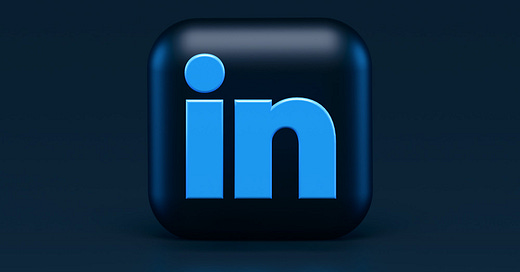Daily Productive Sharing 314 - Why Does LinkedIn Leave China?

One helpful tip per day:)
(下附中文版)
#work #finance
Kevin Xu analyzed the business logic behind this event from the perspective of social networking, which is worth reading.
LinkedIn was born before FB and launched commercial products before FB.
LinkedIn is not completely technically blocked in China, but the cost of operation is too high.
one-third of B2B advertising in the United States is placed on LinkedIn.
the number of registered users in China is half that of Maimai, and the activity level is low.
LinkedIn is both a social network and a transactional network, so it is seen as a media company in the Chinese market, and thus has huge content review and operational costs, but the revenue generated in the Chinese market is not enough to offset such costs, so the exit is a natural consequence.
Of course, InJobs afterwards will not have the function of a social network, but only a trading network, so user stickiness will greatly reduce, and it is even harder to say whether it would be successful. The most typical example is Indeed, which has only recruitment but no social function, so basically no one has heard of it in the Chinese market.
If you enjoy today's sharing, why not subscribe?
Link
Why LinkedIn (Mostly) Left China?
Need a superb CV, please try our CV Consultation
最近 LinkedIn 退出中国市场的新闻令人大吃一惊,Kevin Xu 从社交网络这一角度分析了这一事件背后的商业逻辑,非常值得一读:
LinkedIn 早于 FB 诞生,也早于 FB 推出商业化产品;
LinkedIn 技术上还没有完全被封闭,但是运作成本太高;
美国三分之一的 B2B 广告投放在 LinkedIn 上;
中国区的注册用户只有脉脉的一半,而且活跃度较低;
如果我们的内容对你有价值,不如付费支持我们 :)


